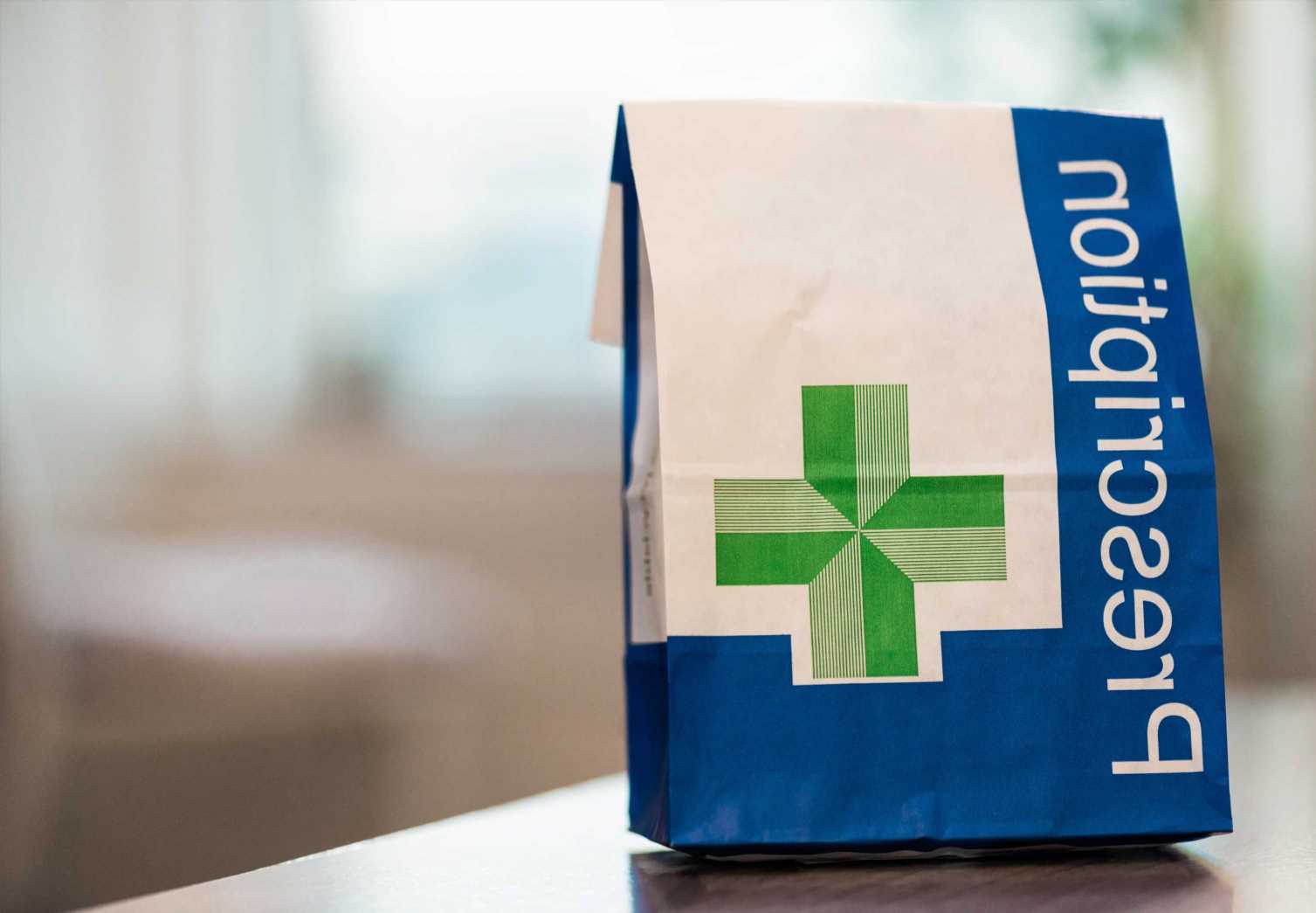THE price of potentially life-saving prescriptions is set to rise again next month, to £9.15.
Campaigners warn the move could pull millions of lives at risk with people unable to afford the medication they rely on.
Last year, the Government hiked prescriptions up from £8.80 to £9, and as of April 1, they're set to increase by a further 15p.
According to the Department of Health and Social Care, led by Health Secretary Matt Hancock, this increase in cost is "in line with inflation."
A charity has warned that people with long term conditions, such as Parkinson's, will struggle to pick up essential medication due to cost.
Speaking after the last price hike, Laura Cockram, head of policy and campaigns at Parkinson's UK and chair of the Prescription Charges Coalition, said: "It is incredibly disappointing that yet again, people with long-term conditions are being penalised by an outdated prescription charges system.
People with long-term conditions are being penalised
"This approach cannot be allowed to continue. The Government must urgently review the exemption list, so people with long-term conditions like Parkinson's, asthma and MS, are no longer penalised for having the 'wrong condition'.
"By continuing to drive up the cost of prescriptions, the Government is ignoring clear evidence that the charge is a false economy that leaves people unable to afford vital medication which places increased pressure on the NHS.
"The exemption list is so outdated that some conditions like HIV didn't even exist when it was created.
"It is nonsensical that the Government continues to plough ahead with annual increases without even reviewing the list"
'In line with inflation'
Charges for prescription wigs, bras, spinal and fabric supports will also be increased in line with inflation, the government said.
Bras – worn after surgery – will now cost £30.05, abdominal or spinal supports will rise to £45.35, synthetic wigs will increase to £74.15, partial human hair wigs will increase to £196.40 and full bespoke human hair wigs will rise to £287.20.
Charges only apply to patients in England, while prescriptions continue to be free in Scotland, Wales and Northern Ireland.
The cost of prescription pre-payment certificates (PPC) will also rise.
What other charges are changing?
The NHS previously said that the charge changes are a result of having to deliver £22 billion of efficiency savings.
The cost of prescription prepayment certificates will also rise in April, while charges for wigs and fabric supports are set to be increased in line with inflation.
The three-month PPC will increase by 55p to £29.65 while the 12-month PPC will increase by £1.90 to £105.90.
- Surgical bras will increase from £29.50 to £30.05
- Abdominal or spinal supports will increase from £44.55 to £45.35
- Stock-size modacrylic (ie, synthetic) wigs will increase from £72.80 to £74.15
- Partial human hair wigs will increase from £192.85 to £196.40
- Full bespoke human hair wigs will increase from £282 to £287.20
The three-month PPC will increase by 55p to £29.65, while the 12-month PPC will increase by £1.90 to £105.90.
The NHS last year said that the charge changes were a result of having to deliver £22 billion of efficiency savings and provide £10billion investment for the NHS by 2021.
Simon Dukes, Chief Executive of Pharmaceutical Services Negotiating Committee, said the move 'ultimately adds to the NHS bill'.
Most read in health news
Booster myth busters 
Some of us have questions about vaccine top-ups. We ask the experts

Combining lime with Viagra makes drug up to four times more potent

Major change to Covid booster jabs from Monday as PM set to ease restrictions

Kids aged 5 to 11 could get Covid vaccines in weeks to stop school chaos
He said: "Prescription charges represent a Government tax which community pharmacy teams have to collect: as health professionals, we would like to see their time being better spent on the provision of advice and clinical services to NHS patients.
"Pharmacies report that many people already find it difficult to pay the prescription charge.
"Whilst we recognise the financial pressures that the NHS is under, raising the prescription tax once again runs the risk of those most in need not getting their medicines – ultimately adding to the NHS bill elsewhere."
Source: Read Full Article

